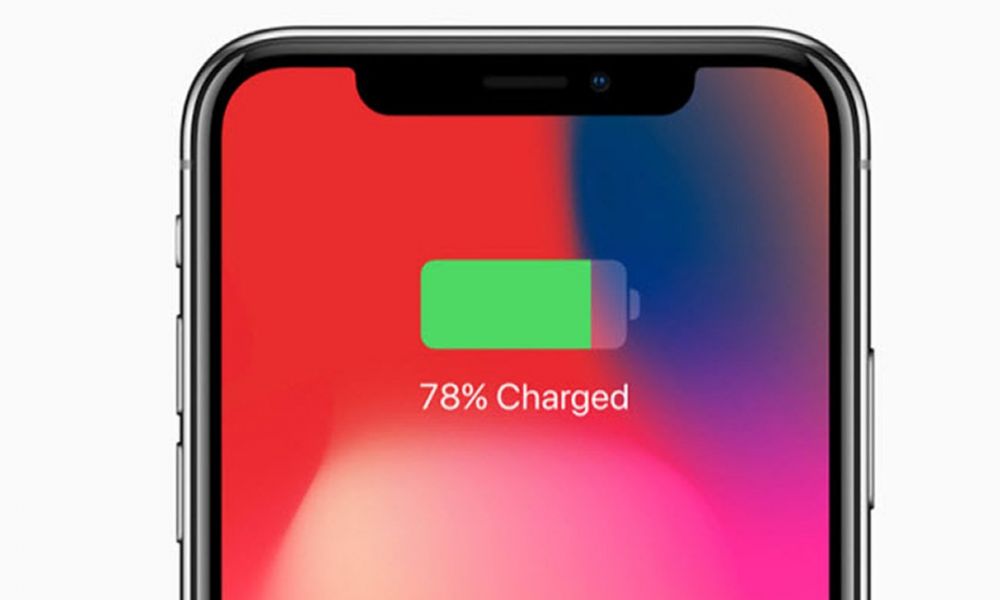Apple Says It’s Locking Down iPhone Battery Replacements to ‘Protect Users’
 Credit: Apple
Credit: Apple
Toggle Dark Mode
Last week, The Art of Repair and iFixit discovered that iPhone battery replacements done by third-party, unauthorized Apple service providers were triggering a “important” warning message indicating that the replacement battery could not be verified — even if an actual original Apple battery was swapped in from another iPhone.
While the problem at this point is largely cosmetic, since replacement batteries appear to work without any problems beyond limiting access to the battery health features, it’s led to understandable concerns that it could be the first step in locking down battery replacements entirely, creating an issue similar to the 2016 “Error 53” debacle.
Apple has now formally responded to the issue, not surprisingly citing its desire to keep its users safe from the dangers of unauthorized repairs and battery replacements — a position that the company has similarly been using to fight “Right to Repair” legislation in various states.
In a statement to iMore, Apple emphasized that it in no way intends this to prevent its customers from actually using the iPhone “after an unauthorized repair,” but at the same time the company wants to protect its users from faulty aftermarket batteries that could potentially pose safety risks.
We take the safety of our customers very seriously and want to make sure any battery replacement is done properly. There are now over 1,800 Apple authorized service providers across the US, so our customers have even more convenient access to quality repairs. Last year, we introduced a new feature to notify customers if we were unable to verify that a new, genuine battery was installed by a certified technician following Apple repair processes.
Apple, in a statement to iMore
What About Genuine Apple Batteries?
While Apple insists that feature is there to protect customers from “damaged, poor quality, or used batteries that can lead to safety or performance issues,” — which is definitely a big problem — it stops a bit short of explaining why the alert comes up even when a genuine Apple battery is installed by anyone other than an authorized service provider.
As iFixit pointed out, iPhone batteries have a chip on the battery itself that “authenticates” the battery to the iPhone that it’s installed in, and it seems that only Apple authorized repair personnel have the tools necessary to perform the necessary pairing procedure. So even if a completely legitimate Apple battery is used, the iPhone will still claim that it’s unable to verify the battery is legit.
Of course, battery repairs themselves can also be dangerous, especially if replacing a swollen or defective battery, so there’s some small argument that Apple is trying to protect consumers from this as well, but a warning that comes up after the battery has been replaced seems somewhat pointless, as it’s not likely to be something that would discourage most users from seeking battery replacements at unauthorized service providers; it’s something most users will only realize is a problem once they’ve already had their battery replaced.
It’s also worth keeping in mind that it should not be possible for an unauthorized service provider to obtain genuine brand new replacement Apple batteries, so as far as Apple is concerned, there’s really no need for anybody else to have the tools to “pair” an Apple battery with an iPhone. However, as iFixit pointed out last week, the use of authentication between battery and iPhone is an optional feature of the battery chip, so it’s something Apple has explicitly chosen to enable, although it also seems likely that locking down batteries is an “all-or-nothing” proposition — that Apple can’t block counterfeit or third-party batteries without also requiring that it’s own legitimate batteries be paired up as part of the replacement process.
Although Apple’s altruistic desire to protect users from bad batteries is definitely a good thing, there’s also likely the deeper level of Apple trying to protect its own intellectual property, its supply chain, and its authorized service provider program by helping to discourage the sale of iPhone parts on the black market.






